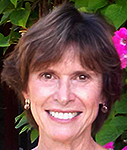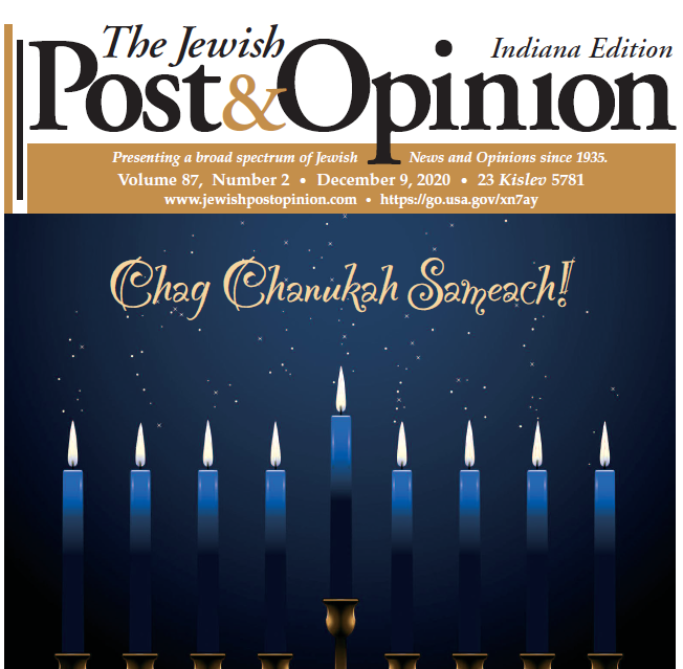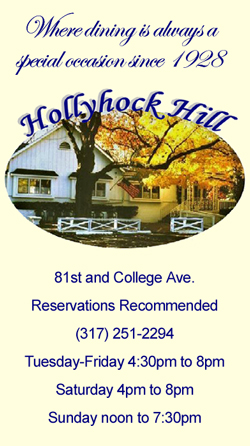
Ever since I can remember, I have been in a relationship with God. Despite growing up in a family of agnostics, I always believed in, and even felt, the presence of God in my world. My idea of God as a child was that of a Biblical God – all-knowing, omnipotent, father-like, and ubiquitous. God was everywhere – accompanying me throughout the day as well as visiting me in my dreams at night.
To be honest, I didn’t think much about it. It wasn’t weird or strange because it was what I knew, and had always known. And because of this, I rarely felt alone or afraid.
I vividly remember a God dream I had over 40 years ago, when I was a sophomore at Oberlin. In my dream I am sitting in an empty classroom, waiting for class to begin. I ask aloud, to no one, “What is God?” The answer comes over a loudspeaker, in a voice that is neither male nor female, sounding both young and old, in a language I don’t know but totally understand.
“God is that force inside you that strives to be good in a world which is not always good.”
I have held on to that concept of God throughout my life; it has served as a compass and guide in times when I have felt lost or unsure. It has also helped to ground me when I have made choices that were questionable to others but felt authentic and necessary to me at the time.
There is a LOT of God talk in Judaism. Jewish liturgy and texts are filled with references to God. We are commanded to bless God 100 times a day – when we wake up, before we eat, when we drink wine and when we experience something for the first time. Jewish holidays often mention God but the mega-God holiday is Passover, which, more than any other holiday, focuses our attention on the actions of a God who intervenes directly in history to save us.
Year after year we are commanded to tell the story of how God took the Hebrew slaves out of Egypt “with a strong hand and an outstretched arm.” God delivered the ten plagues upon Egypt and parted the Red Sea so that the Israelites could pass through in safety. God brought the waters crashing down upon the Egyptian soldiers who were following in pursuit.
Why did God do all of this? The answer came seven weeks after the Exodus at the base of Mount Sinai, where the Hebrew people gathered for the first time to experience the most profound moment in Jewish history, the Revelation of the Torah. It was here that over 600,000 (some historians put it at two million) Hebrew ex-slaves became unified as a spiritual nation, when they entered into the covenant with the God. They were given freedom for a distinct and special purpose – to love God, to follow the laws of the Torah and to become a “kingdom of priests and a holy nation.”
Our tradition teaches us that everyone was present on that day – from the leaders and the elders to the wood choppers and the water carriers, from the oldest sages and midwives to the newborns and toddlers. We are also taught that each person saw, heard and understood the word of God uniquely, according to his or her own knowledge, experience, intellect and ability. What I take from our teachings is this: At the very moment that we first came together as the Jewish people, we also became aware that God would and could mean something different and unique to each of us. What we shared as a people at the foot of Mt. Sinai was the undeniable yearning to know God.
There is a line in the Haggadah that states: “in every generation we should regard ourselves as though we personally left Egypt.” One way that we can personally experience the meaning of this directive is to use it as an invitation to review where we are in the God conversation in our lives.
Do we feel a sense of God in our lives? Do we believe in the God of our youth or have we abandoned those ideas as remnants of simpler times and thoughts? Do we yearn to hold on to something greater than ourselves, a higher power, a sense of awe and wonder, that inner voice that directs and guides us to do good?
Are we unsure if we believe in God at all? And if we don’t believe in God, what does the God that we don’t believe in look like or mean to us?
I’ll be honest. I miss the clarity I once felt about “my” God and the comfort I experienced from my unwavering faith. For over the years I have come to see that my need for clarity has been replaced with a yearning to understand the meaning of the totality of life – the joys and blessings as well as the various challenges, struggles and losses that have accompanied me on this journey. And to find a way to relate all of that to the God piece in my life is not always easy or possible.
But struggling with God, and yearning for God, is inherently Jewish. Uncertainty and skepticism is not heresy; it is the foundation upon which the Jewish faith and faith in God is built. Passover is a wonderful opportunity to look at where we are as we wander in our own desert of ideas about what God may or may not mean to us. Perhaps a Fifth Question at the Seder might be: Why is my God different from your God?
It might be just the right question to ask to help us fulfill the commandment that “in every generation we should regard ourselves as though we personally left Egypt.”
Amy Hirshberg Lederman is an author, Jewish educator, public speaker and attorney who lives in Tucson. Her columns in the AJP have won awards from the American Jewish Press Association, the Arizona Newspapers Association and the Arizona Press Club for excellence in commentary. Visit her website at http://www.amyhirshberglederman.com/






